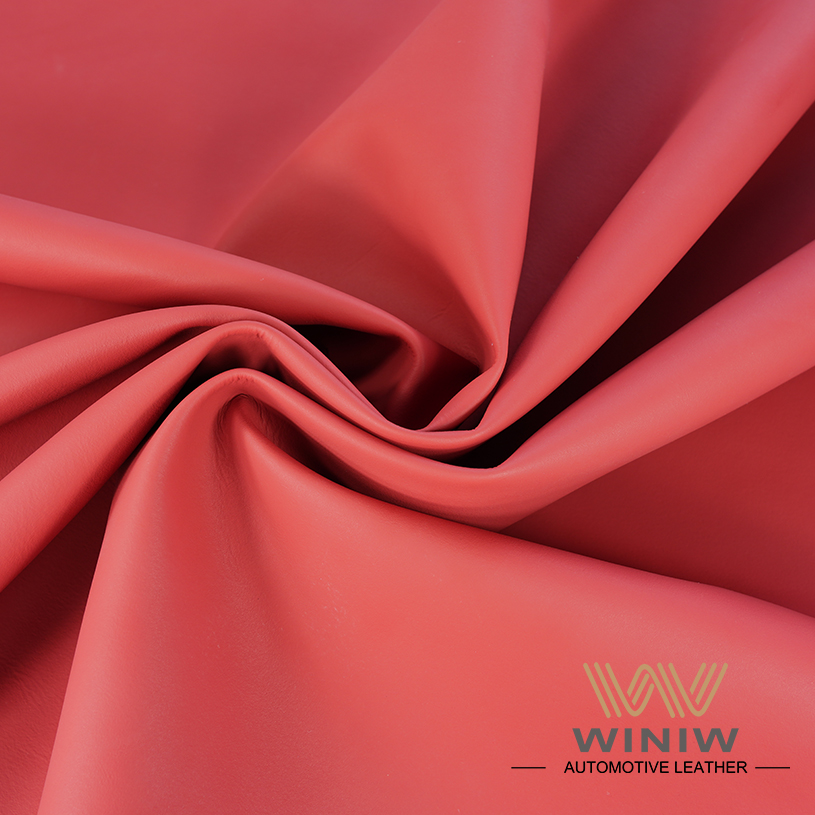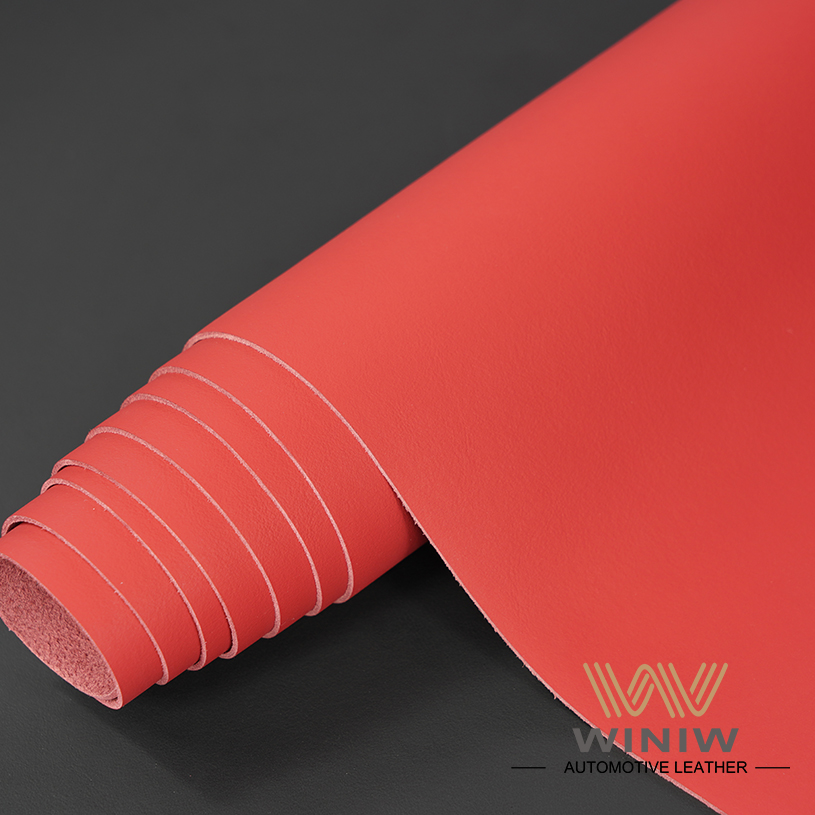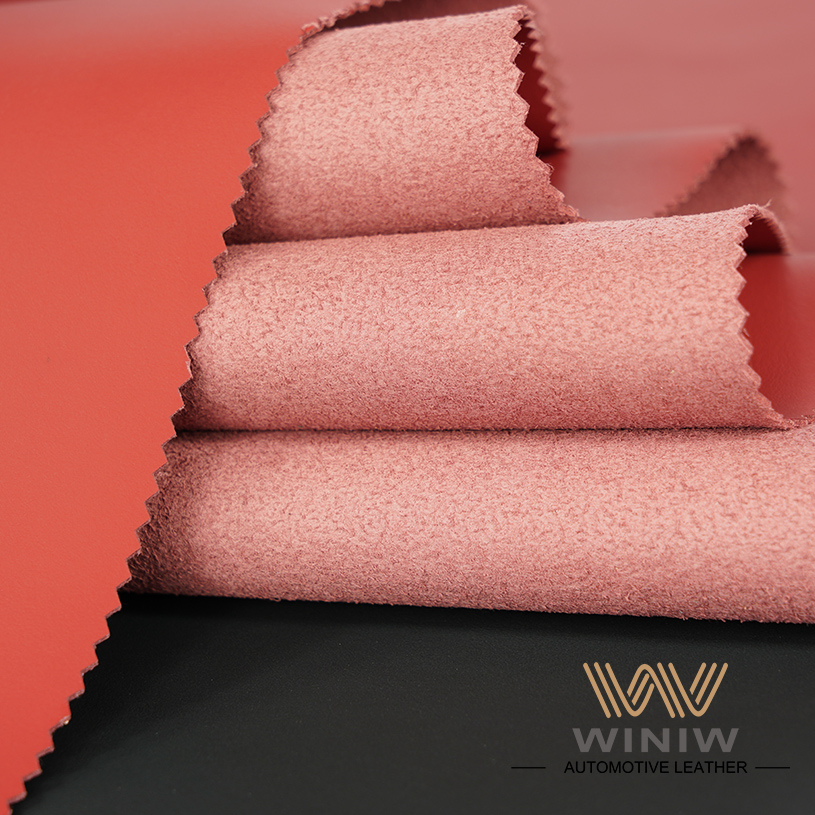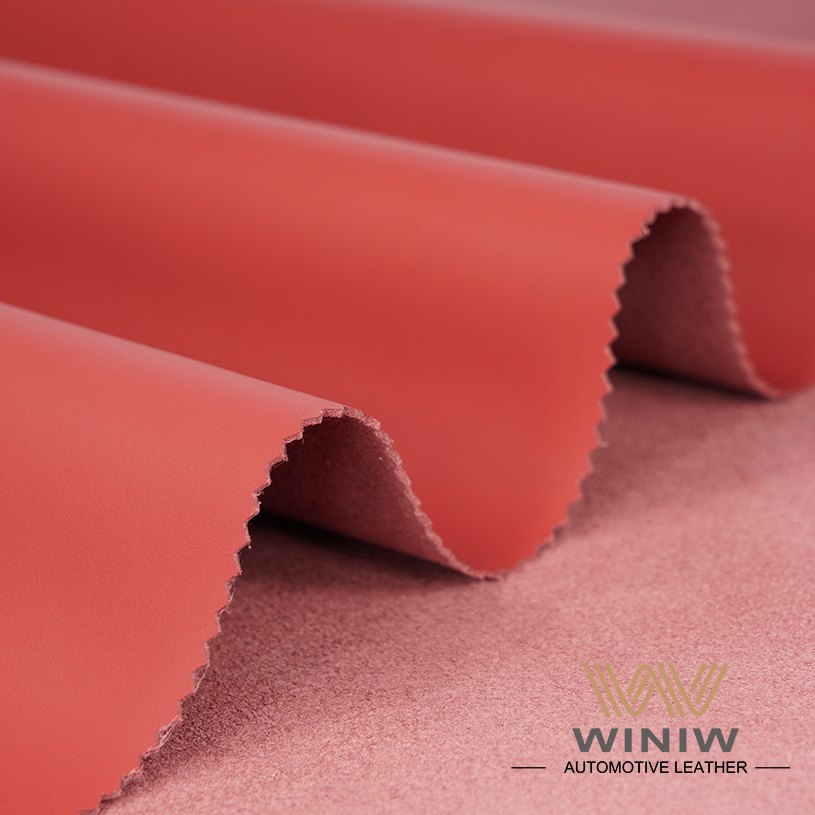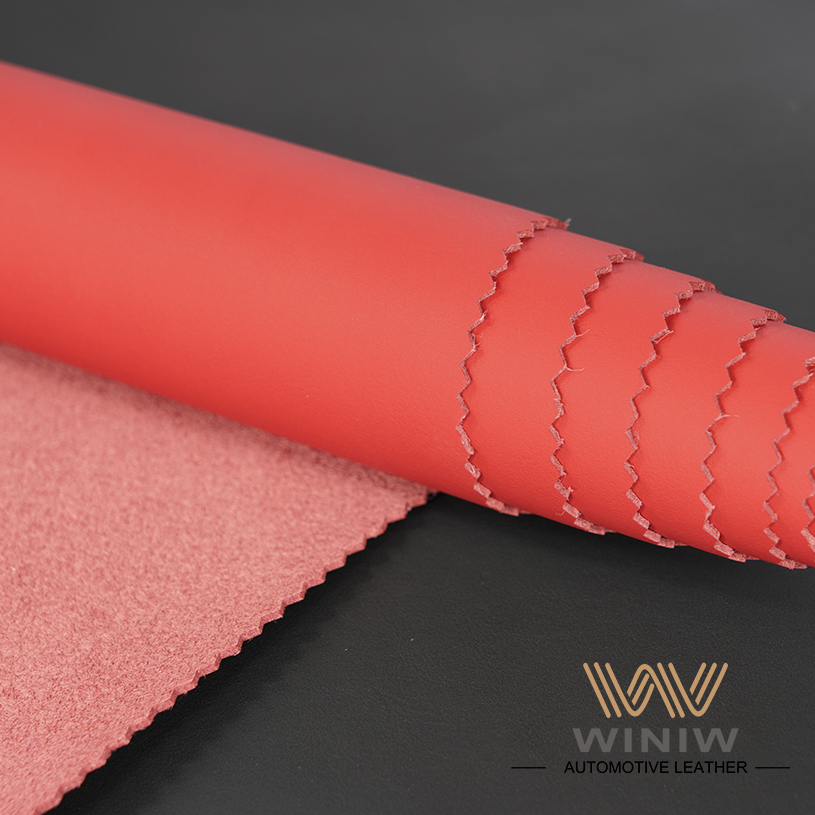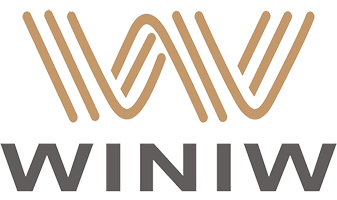Yine de, deri daha fazla uygulandığında ve daha fazla değer yarattığında, aynı zamanda birçok zorlukla karşı karşıya: iç fonksiyonların iyileştirilmesi ve çeşitlendirilmiş müşteri ihtiyaçları nedeniyle üretim sürecinin karmaşıklığına ek olarak, the quality is also required to be more reliable and cost-effective. Development and delivery time is further reduced. This means that in the value chain triggered by leather, benefits and challenges coexist.
It is understood that the tools and solutions used in the development, design and processing of leather are relatively traditional. Örneğin, in cutting, the current car leather cutting is not the responsibility of the interior supplier, but mainly by the tannery. Yine de, many tanneries currently use the stamping process. In simple terms, a mold is made according to the requirements. After the mold is qualified, the leather is punched and cut. This means that each new production requirement requires a new set of molds, which greatly reduces the flexibility, resulting in an increase in production costs and a waste of leather material. Ek olarak, in the cutting process, there are still many manufacturers or tanneries still adopting the manual cutting mode, bir taraftan, the efficiency is relatively low, diğer taraftan, the skilled mechanic error rate will still exist. Öyleyse, Bu “slow work and fine work” operation method has obviously not kept up with the rapid development of the market.
